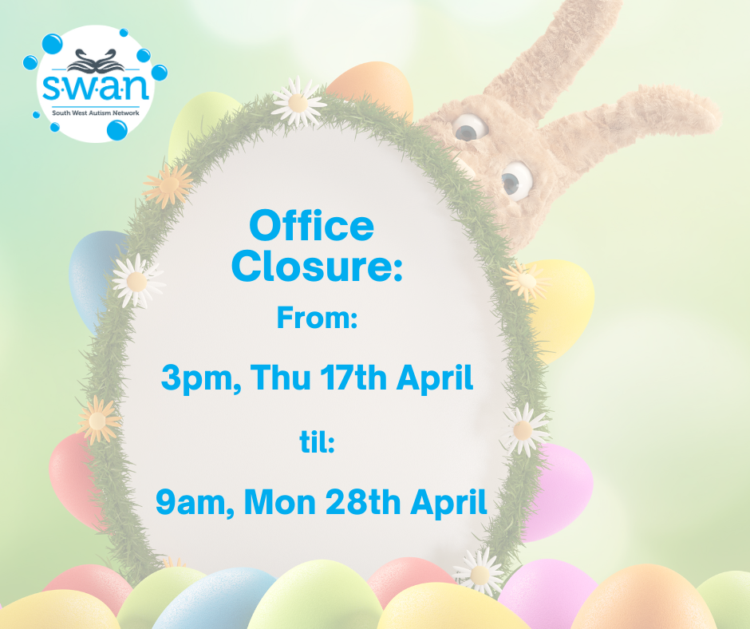Tasks Galore Literature-Based Thematic Units
Laurie Eckenrode and Pat Fennell
Embedded throughout these curriculum areas are concepts and tasks ideas regarding the fine arts, movement, technology and simple tools.
The accompanying activities are intended neither as a curriculum nor as a teaching guide but rather as an alternate way to provide information to students.














